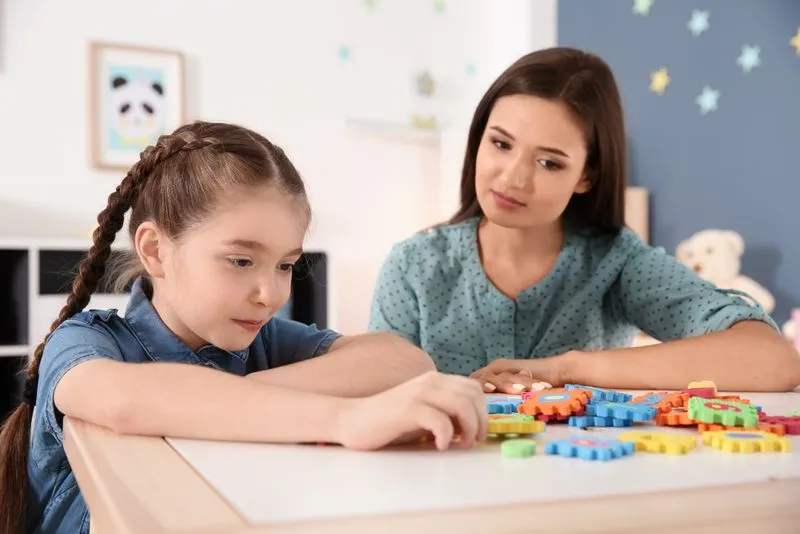Autism Treatment Services in Chicago and Surrounding Suburbs
Rise Up For Autism provides center-based, individualized autism treatment in Chicago and surrounding suburbs. We teach communication, social, and independent living skills to enhance the quality of life of children with autism.




























